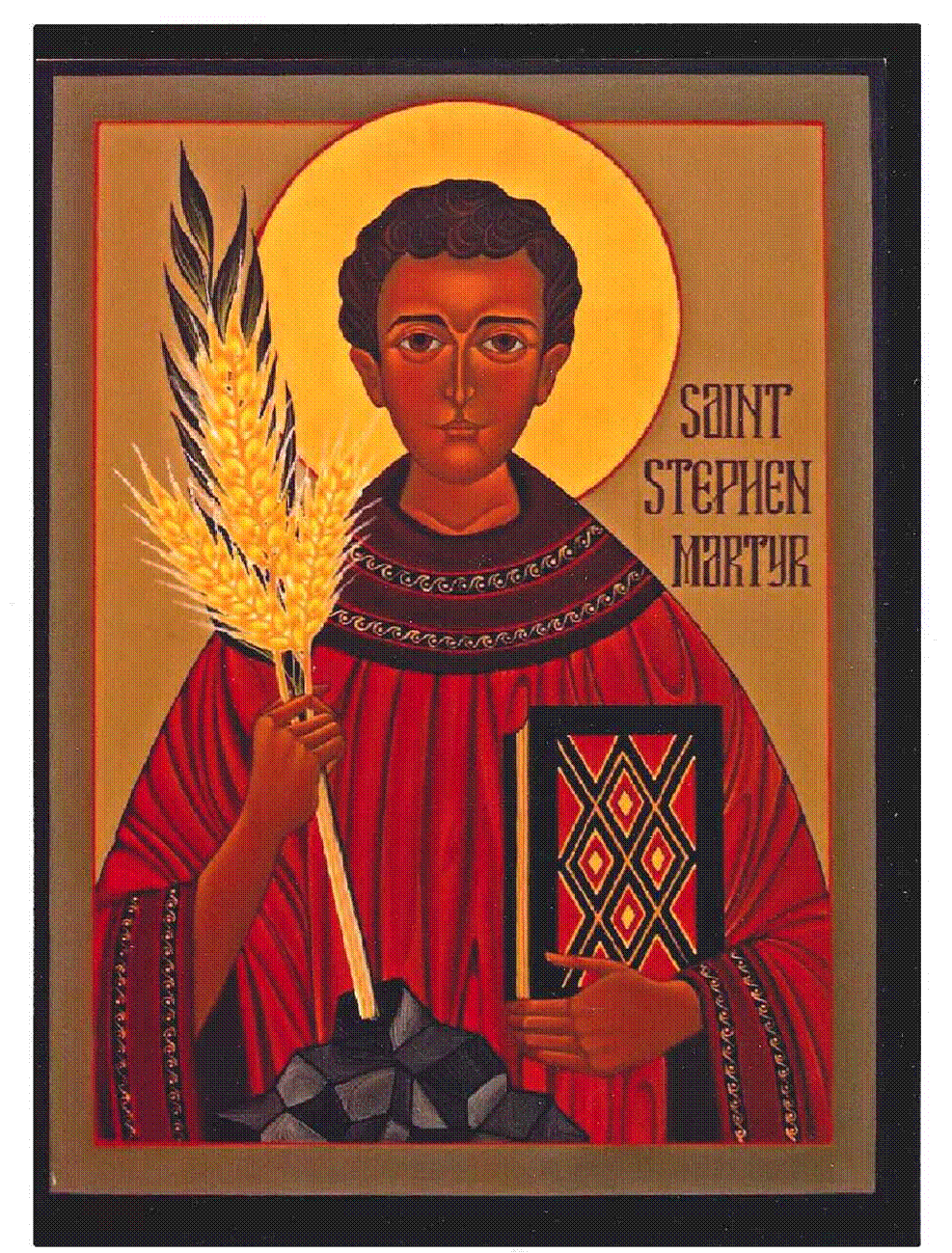Meditation
- Jun 2, 2021
- 3 min read

I found myself thinking about Dorothy Sayers this morning.
“About whom?” you might ask.
Allow me to introduce you. Dorothy Sayers: mid-twentieth century British scholar. She translated Dante’s Divine Comedy. I see you rolling your eyes. But she was also one of the “Inklings,” a writing group that included C.S. Lewis (Chronicles of Narnia) and J. R. R. Tolkien (Lord of the Rings). She wrote theology with the same seriousness and competence as Lewis. But she also wrote delightful murder mysteries showing off the sleuthing skills of a bachelor dandy, Lord Peter Wimsy: whose exploits are charged with theological awareness, in the same way that her theological investigations are charged with delightful “whimsy”, making anything she writes a joy to read.
What brought her to mind this morning: thinking about the Sundays after Trinity, about which she wrote in one of her mystery novels (I’m sure I misquote), “After the bridal rapture of Pentecost, the church puts on her everyday green housedress and goes to work.”
We have come through the season of Easter and celebrations of Pentecost and the Trinity. The celebrations are the more noteworthy this year because we see the world reopening after the fifteen month “Lenten Fast” of COVID. The opening makes us a little giddy because we also are aware that none of us knows for sure what we are reopening to. Many have said that what we have experienced is a period of “liminality”, a “threshold experience: one leaves one room, crosses a “limin”, a “threshold”, and enters another room.
But to enter into this room is like coming into a room after it’s been hit by hurricane: we’re not sure what it’s like, but we know there will be changes.
So: to get back to the idea of Dorothy Sayers, we celebrate the coming end of the storm; but how shall we put on our work clothes and get to work? Well: there is, for instance, the work of prayer: and I think of the phrases from the prayer often included in our daily prayers, “Give us faith to go out with good courage, knowing only that your hand is leading us and your love supporting us.” To “good courage” I often add, “a spirit of thanksgiving, a sense of humor, and a bit more patience than I had yesterday.” Or there’s the work of “remembering our roots”: Bible study; the Catechism – not to rebuild what we lost, but to use our foundation as something solid to build the room become a shambles something new, more suitable to our changed situation.
I think of another theologian, Paul Tillich. A Germany Army Chaplain, his world fell apart during World War I. It fell apart again a little more than a decade later when he was among the first university theologians to be expelled from Hitler’s Germany. I’ve always found helpful his insight concerning Luther’s catechism: “The law us not fulfilled unless it is fulfilled joyfully [that line he owes to Luther]. The law is not foreign to our being: it is ‘being itself,’ expressed as mandate. And fulfillment of one’s being is joy.”
That’s the kind of insight that comes as we do the work of reconstruction, not to rebuild the shambles as it was, but to make the foundation useful still, although we live in a changed situation.
We’ve come through a long, hard fast. We’ve kept the feast and celebration. It’s time to put on our work clothes and get to rebuilding. And may we find in the room beyond the threshold a place of joy and fulfillment, a new creation.
































Comments